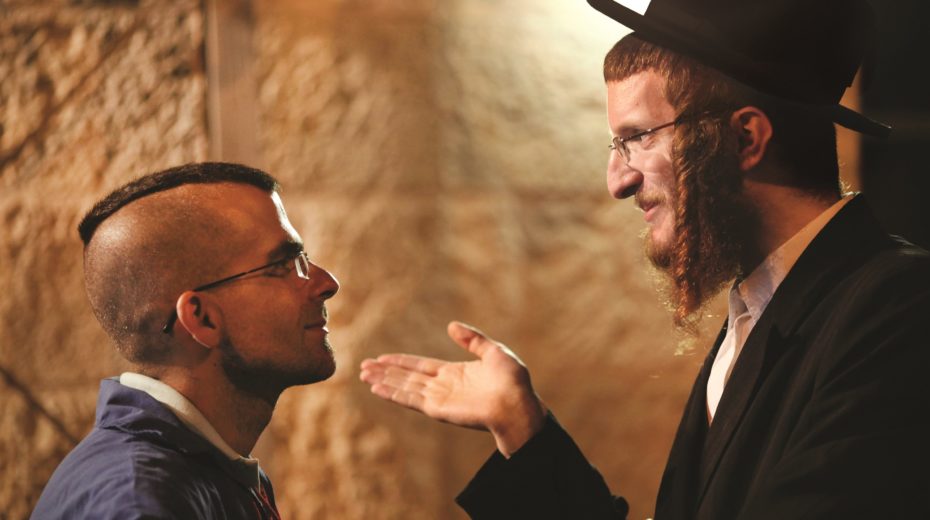Our families, friends, synagogue and nation all joined forces to keep Jesus and Messianic Jews out of Israel, but we were determined to live as Jews who believe in Jesus. We established congregations and uncovered the Jewish roots of the gospel, integrating our Jewish traditions into New Testament worship, prayers and teachings. We labored diligently these five decades to show our people that a Jew can believe in Jesus, that a Jew who believes is still Jewish. We challenged traditional religion, refusing to call ourselves Christians and coining a new Hebrew term, “Messianic Jews,” who now number in the tens of thousands around the world.
But times are changing, and growing numbers of young followers of Jesus in Israel do not carry the same passion to preserve our Jewish heritage. On Internet forums, at conferences, in youth magazines and in private conversations, many young Messianic Jews wonder why we need any Jewish expression of our Jesus faith at all. Large numbers of Messianic youth choose not to fast on Yom Kippur, Judaism’s holiest day. “Why should I fast on Yom Kippur (the Day of Atonement)? Jesus paid for my sins. Jesus set me free!” they told me. I tell them they are just as free to honor our heritage and fast along with our nation. Others argue that Rosh Hashanah, our New Year fall festival, is actually the Day of Trumpets in the Bible, which is fine, but then they do nothing to celebrate with Israel this joyful tradition going back thousands of years for fear of what they perceive as acquiescing in archaic Jewish tradition.
This is startling because for Messianic Jews over the past 40 years, fasting on Yom Kippur and celebrating the Jewish feasts was a given, one of the essential ways in which we joined our New Testament faith with the beauty and spiritual richness of our Jewish heritage. It was a way for us to rebuild broken ties with family, synagogue and the Jewish people. That many young Israeli believers in Jesus do not find any meaningful connection to Jewish tradition is a curious and disturbing development for the future of our movement.
Here are some of the reasons why young Messianics avoid Jewish tradition.
Western Christianity
Many of the foreign missionaries and church organizations supporting Messianic Jews in Israel have very little understanding of or appreciation for Jewish culture and tradition. Most Christians have never had meaningful experiences with Judaism and perpetuate a paranoid, outdated concern with “Judiazing.” When I came to faith in Jesus back in the 1970’s, our Christian teachers taught us to make a break with anything Jewish.
Young Messianics are also influenced by flashy Evangelical worship styles and the Western, anti-Jewish Christian culture that it often accompanies. Increasingly, young Messianics come to believe that it is necessary to make a clean break with Jewish traditions for fear of coming under rabbinic authority or “works of the law.” A recent survey among young Israeli believers found that many now prefer to call themselves simply Messianic, not Messianic Jews.
Intermarriage, Family and Community
Mixed marriages have presented a challenge to the Messianic Jewish community, especially when the children of a Gentile wife are not considered Jewish. While intermarriage amongst the Jewish believers is often an expression of unity and reconciliation in Jesus, little thought is given to the effect this has on the Jewish identity of the next generation. What will the future of the Messianic community look like if our children are not raised as Jews?
If families do not celebrate the beauty of Jewish tradition together with their faith in Jesus at home, our children will never grasp the unique destiny God has for Jews who believe in Jesus, and it is likely that later generations may not identify as Jews at all. If our local congregations do not encourage Jewish identity as part of our Messianic faith, we will assimilate into the Gentile world and remain a foreign, unrecognizable witness to Israel’s Messiah.












